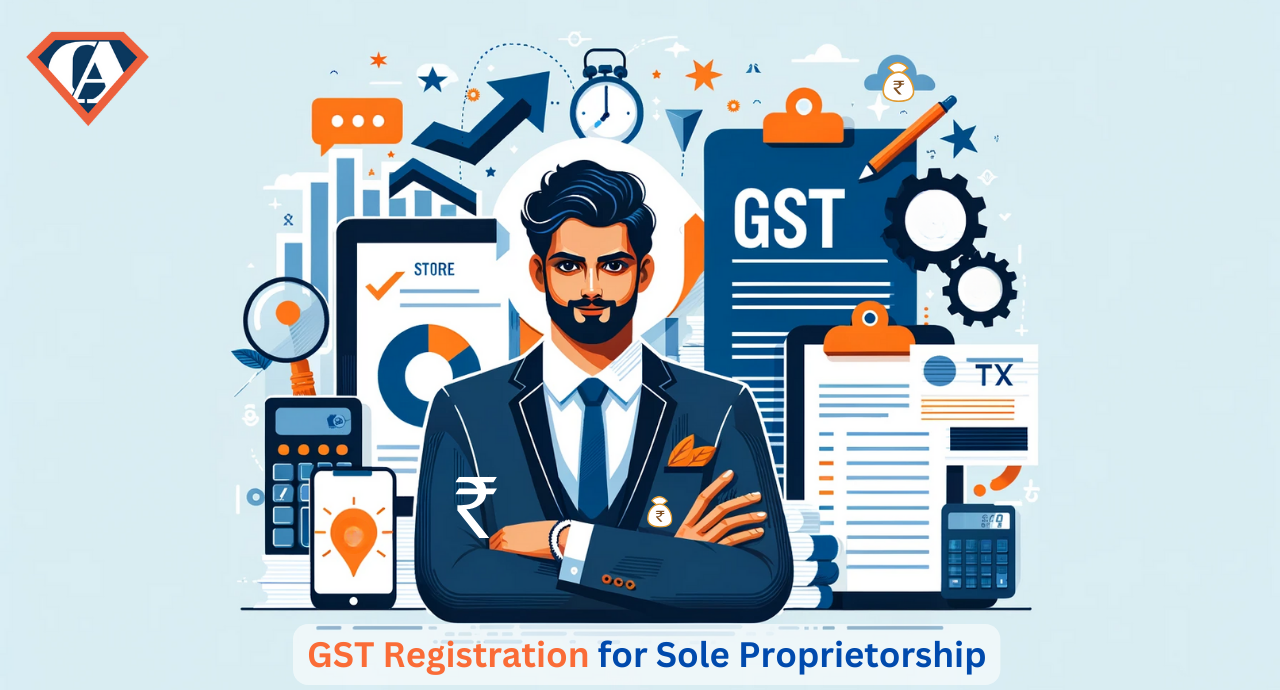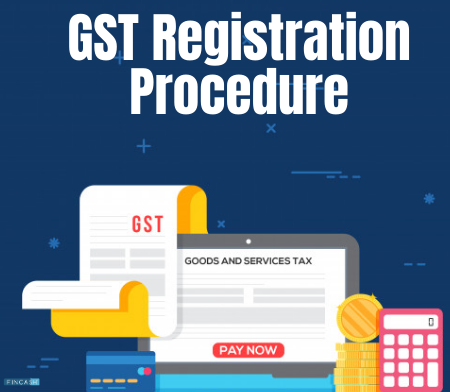Finding Reputable and Effective Best GST Registration Services in Singapore
Finding Reputable and Effective Best GST Registration Services in Singapore
Blog Article
From Beginning To End: The Ultimate Roadmap to GST Registration for Organizations Looking For Financial Stability
Browsing the complexities of Product and Solutions Tax Obligation (GST) registration is an important step for services aiming for financial stability. From understanding the basic concepts of GST to abiding by post-registration standards, the procedure can seem intimidating initially glimpse. Breaking down the roadmap right into convenient steps can streamline the registration journey for companies looking to enhance their monetary standing. Let's explore the important elements that compose this supreme roadmap and discover how each phase adds to laying a solid foundation for financial success.
Recognizing GST Essentials
Exploring the essential principles of Goods and Services Tax Obligation (GST) is important for acquiring a thorough understanding of its ramifications on services and the economic situation. GST is a value-added tax obligation imposed on the majority of goods and solutions for residential consumption. It has replaced multiple indirect tax obligations that existed in the pre-GST age, improving the tax obligation structure and improving ease of doing business in India. Under the GST system, both goods and solutions are taxed at a particular rate, which is established based on their classification. If their annual turnover surpasses the threshold limitation established by the federal government, businesses are called for to register for GST. Input Tax Obligation Credit Report (ITC) is a considerable feature of GST, permitting companies to assert credit report for tax obligations paid on inputs, minimizing the overall tax obligation worry. Recognizing the basics of GST is critical for companies to follow tax obligation regulations, manage their funds effectively, and add to the nation's economic growth by joining a transparent tax obligation system.
Qualification Requirements for Registration
To register for GST, businesses should satisfy specific eligibility criteria developed by the government. The key qualification need is that any kind of business associated with the supply of goods or solutions with an annual accumulation turnover above the threshold restriction established by the authorities must register for GST. Since the existing guidelines, the threshold limitation for GST registration is an annual accumulation turn over of 40 lakhs for organizations operating within a state, besides unique category states where the limitation is 20 lakhs. Additionally, specific businesses are required to sign up for GST regardless of their turnover, such as interstate vendors, laid-back taxed persons, and businesses reliant pay tax obligation under the reverse fee system. It is vital for companies to thoroughly assess their turnover and deal types to establish their GST enrollment obligations properly. Failure to register for GST when eligible can lead to fines and legal effects, making it vital for services to abide by the defined eligibility standards.
Documents Needed for Registration
Having met the qualification requirements for GST registration, businesses have to currently ensure they anonymous have the requisite documents in area to proceed with the enrollment process efficiently. The documents needed for GST registration generally include evidence of business constitution, such as collaboration deed, enrollment certificate, or unification certificate for various kinds of services. Additionally, services require to offer papers developing the primary location of service, such as a rental agreement or power expense.
Step-by-Step Registration Process
Starting the GST registration process involves a series of structured actions to ensure a seamless and certified enrollment for services. The initial step is to visit the GST website and fill in the enrollment form with accurate details of the business entity. Following this, the applicant receives a Temporary Recommendation Number (TRN) which is utilized to resume the application process if it's not finished in one go.
Next, all needed records according to the list supplied by the GST portal need to be submitted. These documents commonly consist of proof of company identification, enrollment and address evidence of promoters, monetary statements, and company entity's frying pan card.

Post-Registration Compliance Guidelines

Conclusion
Finally, businesses seeking financial security should understand the essentials of GST, fulfill qualification standards, gather required files, follow the step-by-step enrollment process, and abide by post-registration standards - Best GST registration services in Singapore. By adhering to these steps, businesses can make certain compliance with tax laws and maintain economic stability over time
Furthermore, specific companies are called for to sign Find Out More up for GST irrespective of their turn over, such as interstate suppliers, casual taxed persons, and organizations responsible to pay tax under the reverse charge device.Having fulfilled the eligibility requirements for GST registration, services need to now ensure they have the requisite documents in area to proceed with the enrollment process successfully. The files required for GST enrollment generally include evidence of company constitution, such as collaboration deed, enrollment certificate, or consolidation certificate for various kinds of organizations. Furthermore, companies need to give papers developing the major area of service, such as a rental arrangement or power costs.Commencing the GST registration procedure includes a collection of structured steps to make sure a seamless and compliant enrollment for services.
Report this page